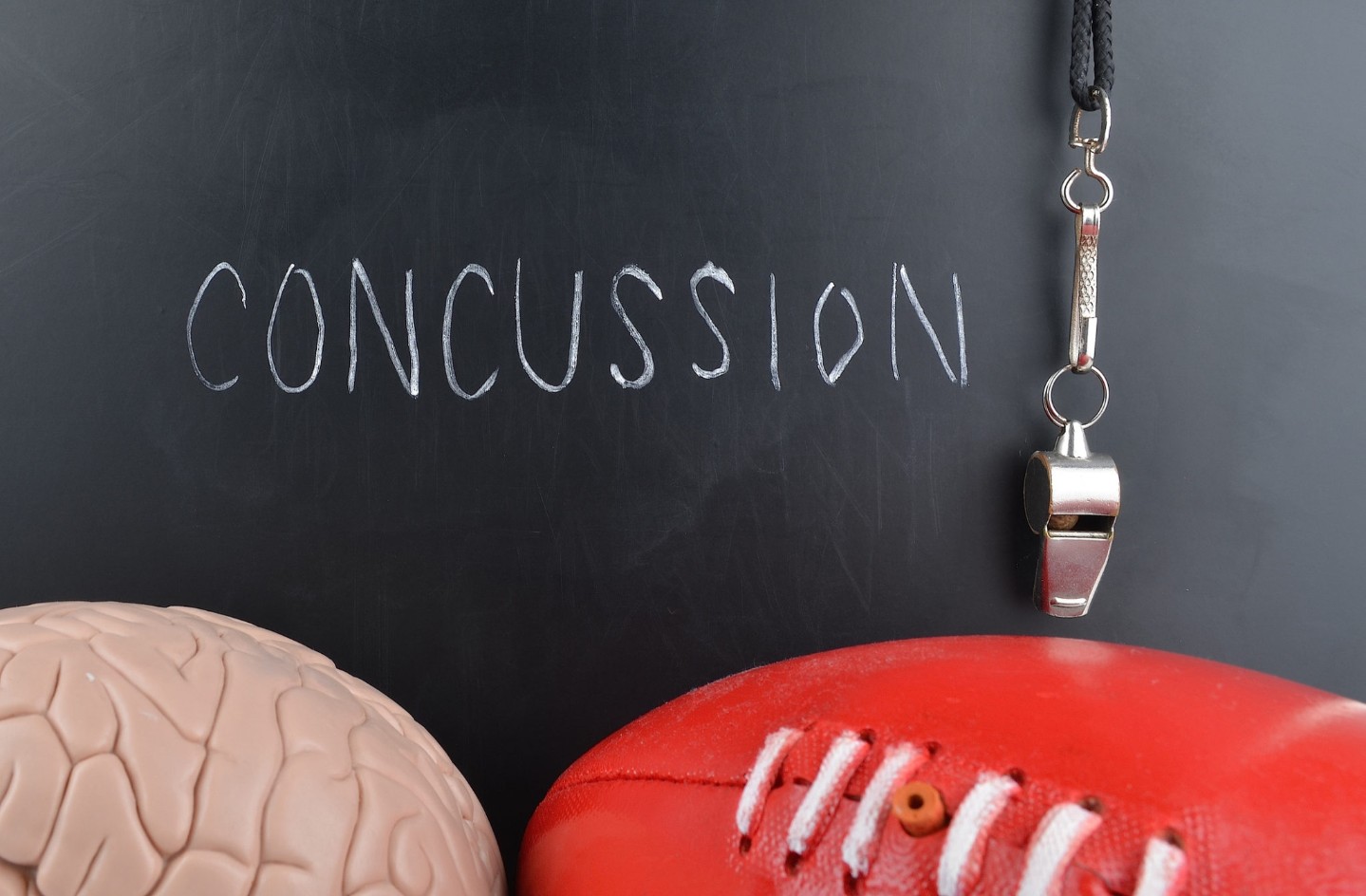World Meningitis Day: A Pediatrician's Urgent Message to Parents
SEP 25, 2025Meningitis is the inflammation of the membranes (meninges) that surround and protect the brain and spinal cord.
Read More
As I watched my 8-year-old put on his very first football helmet, all I could think of is, “football has the highest rate of concussions….” As his mom, I am worried (once again), but I also know that he loves football. He knows all the teams and the players. We live in Nebraska. Who am I kidding?? Football is a passion for any little kid in Nebraska.
I don’t mean to pick on football. It is a fact that it has the highest rate of concussions, but your kid could get a concussion participating in virtually any activity. Concussions (or traumatic brain injury—TBI) can happen with a blow/jolt to the head. You don’t have to get knocked out to have a concussion. In the old days, if you got “rattled” you’d rest a little bit and then get back to your game. Things have changed. We realize that there is more to consider.
If your child hits his or her head, whether it is an organized sport or not, note a few things:
Organized sports teams are very aware of watching kids after head injuries and limiting their return to play, but as parents, we have to watch for these signs at home, too.
If you are worried that your child has suffered a concussion, whether it was from experimenting with a new gymnastics move at home, getting tackled at football practice or boxing with their brother in the basement, make a visit to your pediatrician. Sometimes we may have to limit school activities (both physical and mental), in order to let the injured brain rest. We can also help guide decisions for returning to the activity in the future and limit repeated concussions (which can lead to permanent damage).
Original post date: Aug, 2014. Revised: March, 2019

Meningitis is the inflammation of the membranes (meninges) that surround and protect the brain and spinal cord.
Read More
With the right knowledge and proactive management, children with asthma can lead full, active, and vibrant lives.
Read More
Celiac disease is an autoimmune disorder triggered by the consumption of gluten, a protein found in wheat, barley, and rye.
Read MoreWhen you need local health information from a trusted source, turn to the CHI Health Better You eNewsletter.